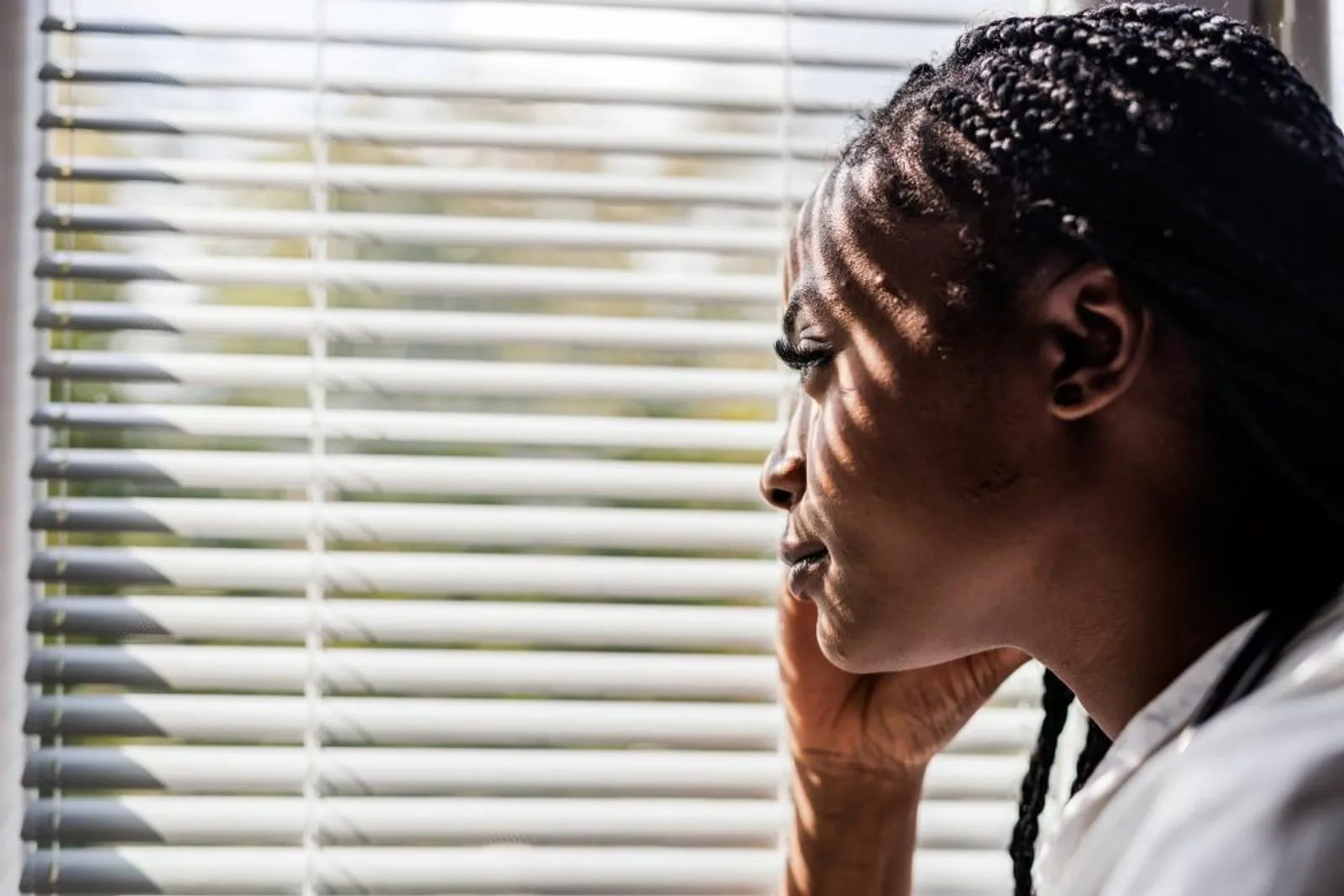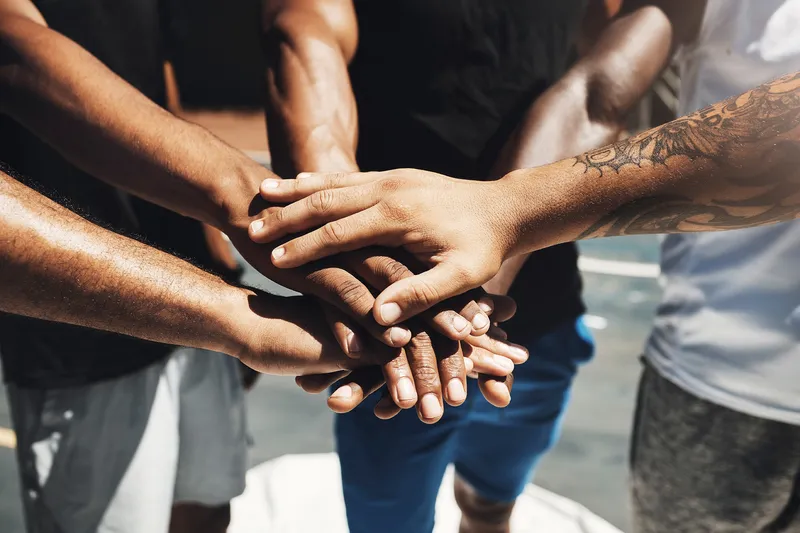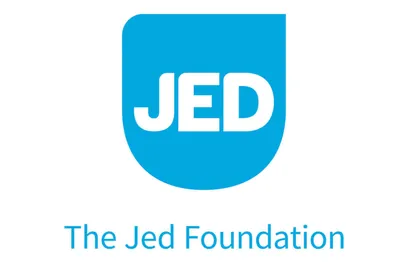Coping with discrimination & stigma

What is it?
Discrimination, broadly, is a term used to describe the mistreatment of people based on things like race, ethnicity, sex, sexual orientation, ability, age, and other parts of people’s identities. Stigma refers to negative perceptions and misunderstandings about certain individuals, groups or communities.
Sometimes, it can be hard to notice right away. In the United States, there have been massive efforts to combat discrimination, but unfortunately, it persists. Recent studies show nearly 70% of Americans have experienced some form of discrimination, and higher rates of experience with discrimination are related to poorer mental health outcomes and higher risk of suicide.
Anti-LGBTQ+ discrimination and stigma
Despite higher visibility and acceptance of LGBTQ+ folks, discrimination targeted toward LGBTQ+ people is still a major issue. Interpersonal discrimination is also common for many LGBTQ+ folks who experience familial and social rejection at higher rates than their straight, cisgender peers.2 Overall, data shows that LGBTQ+ individuals are 2.5 times more likely to express depression, anxiety, and substance misuse compared with heterosexual individuals.2
Transphobia involves negative attitudes, fear, and exclusion directed toward transgender or nonbinary people. Trans folks face undue amounts of violence, barriers to care and discrimination.
Homophobia and biphobia, prejudice and hatred toward gay and bisexual people, is similarly challenging. LGBTQ+ people are at significantly heightened risk for PTSD, depression, and other mental health conditions—not because of who they are, but because of the way they’re often discriminated against in society (American Psychiatric Association). Coping with phobia can be very difficult. That’s why access to safe and accepting mental health care and affirming communities is so important.
What's causing it?
Living through discrimination and stigma is far from easy. Understandably, it can inspire a range of emotional reactions; it can make people feel angry, ashamed, and afraid. It can even contribute to physical and mental health problems—though it’s important to note that isn’t inherently because of who you are but because of the negative impact of prolonged mistreatment.
It’s common to experience multiple forms of discrimination at once, or different kinds at different times. This is called intersectionality. Basically, we are each empowered and oppressed by the intricate ways in which the parts of our identities intersect and how those intersections relate to systems of power (race, gender, class, etc).
The consequences for your mental health vary widely based on what discrimination you might experience, and how much protection you have against it.
Things to try
-
Seek out examples of people with your experiences and background who have positively contributed to society. This helps combat shame and stigma, building inner strength and resilience.Explore More
-
Connect with others
Explore spaces in your area or online dedicated to people who share your identities and experiences. Building community with people who understand you is an excellent way to cope with the negative effects of discrimination.Explore More -
Keep a routine that involves self-care
Sticking to a daily routine that includes self care can help things feel more stable and prevent against depression. Aim to eat and sleep at regular times, and make time for walks or exercise. Mental health is important too, so make time for seeing others and consider practicing meditation or deep breathing.Explore More
What can I do now?
- Website | Support groupFind a Chapter | PFLAG
- Online directoryFind a Support Group | Psychology Today
- How-to articleHow to Find a Culturally Competent Therapist | The Jed Foundation
Citations
- American Psychological Association. The Impact of Discrimination
- Kaiser family foundation study



